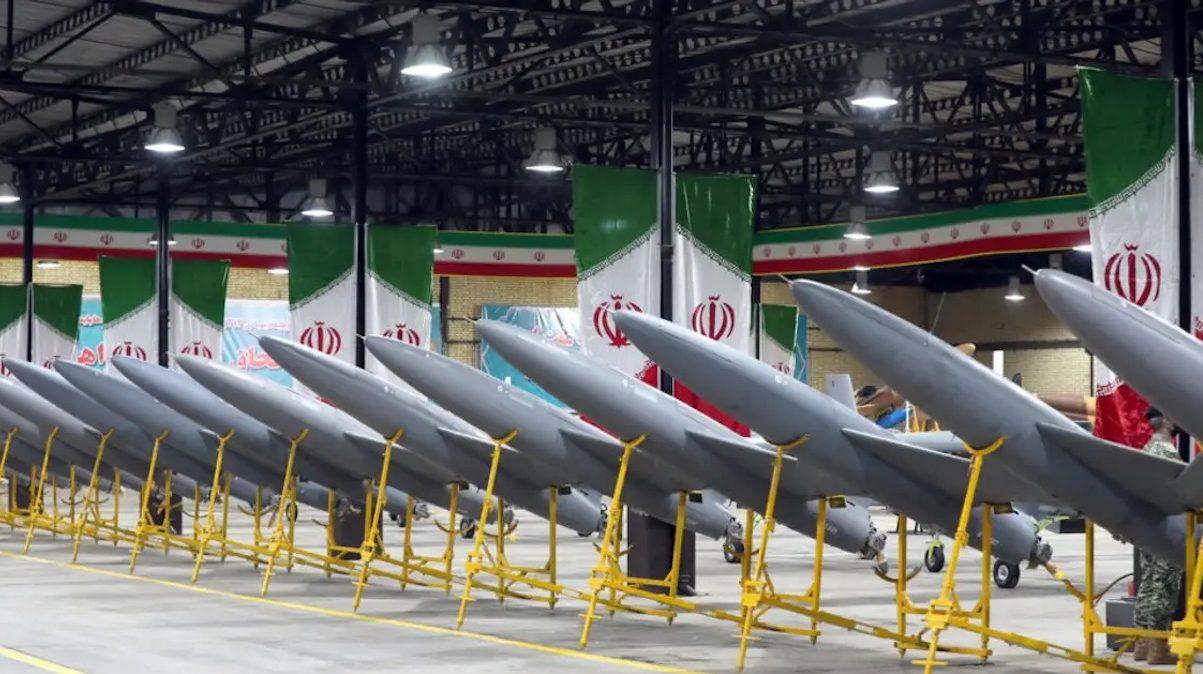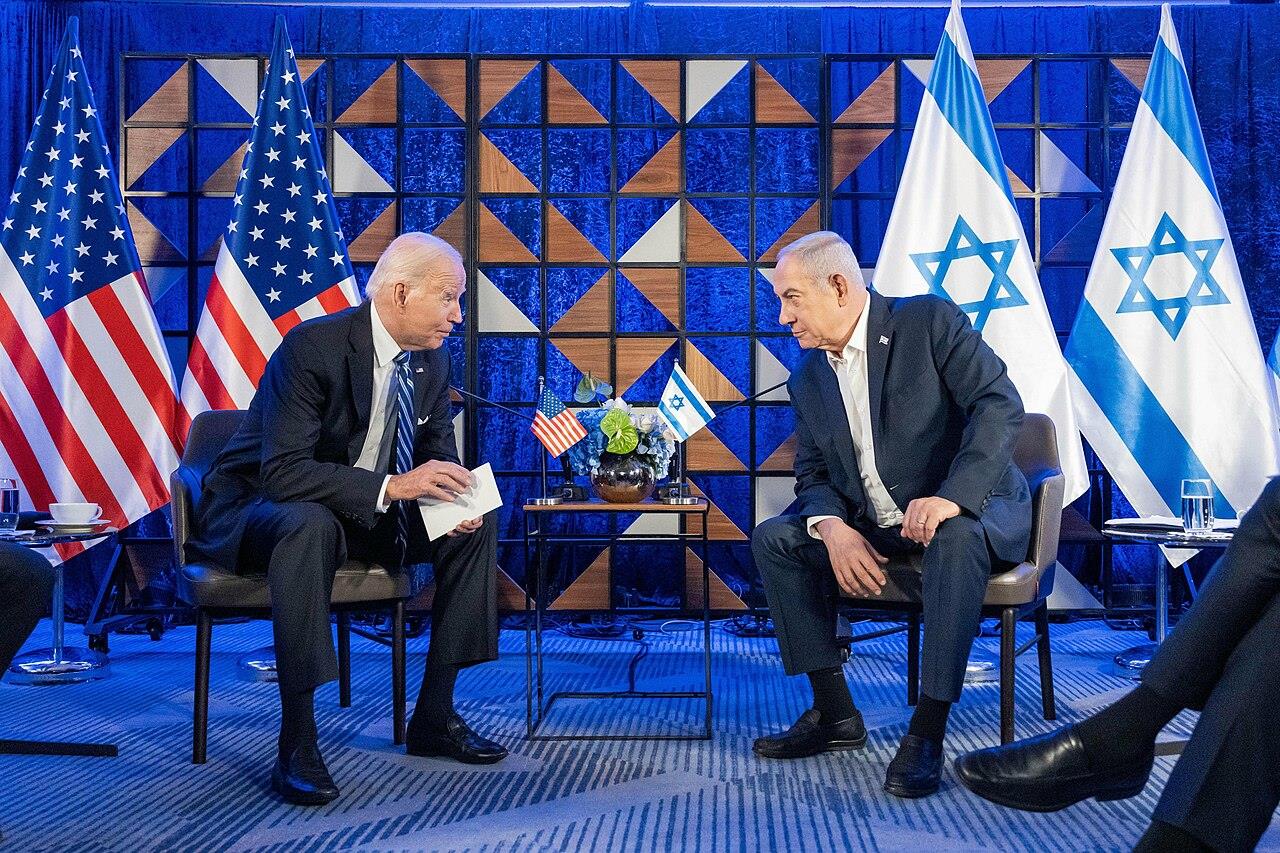
India Should Think Long And Hard About Joining AUKUS
On participating in AUKUS, India would likely have to change some views on foreign affairs. Membership would greatly affect not only India but also other countries in the region with the more frequent presence of external forces. Meanwhile, accepting a common vision and goals with the US would significantly reduce India's strategic autonomy.
If a new axis of relations is built among Washington, London, New Delhi and Canberra, it will necessarily create a chain link affecting each others' security stances. In case one link encounters a crisis, countries in the chain will be inevitably involved. That chain does not include the operating mechanism of AUKUS, which does make joint action statements but to date is only a trilateral.
AUKUS was born with a main focus of operations in the Indo-Pacific region with the goal of containing China but with a scope of activity including South Asia. If India joins AUKUS, as was the case with the now dormant Quad, it will certainly generate responses from rivals Pakistan and China.

What Iran can gain and lose from Sudan intervention

Attack on Russian radar is a significant escalation

Middle East misery could cost Biden reelection
That's because the tripartite agreement aims to encourage members to strengthen their nuclear capabilities in the face of global security challenges. If Australia can be equipped by the US and UK with nuclear submarines, then so potentially they could give them to India. That, in turn, would greatly impact the conventional balance of power between Pakistan and India, forcing both to reevaluate their nuclear doctrines.
Indian Defense Minister Rajnath Singh has already signaled to hostile countries, spelled Pakistan and China, that New Delhi may change its“no first use” nuclear weapons policy. If and when that formally happens, New Delhi could trigger a new nuclear arms race in South Asia, one that potentially sees China providing nuclear know-how to Pakistan.
With India's superior armed forces and potential future support from AUKUS, Islamabad would be forced to strengthen its defense and security alliance with China, which is a growing supplier of Pakistan's arms. In response, China could create an AUKUS-style deal with Pakistan to counterbalance India.
Admiral M Amjad Khan Niazi, chief of the Pakistan Navy, has noted his country's strengthened naval relations with China in recent years. China is helping Pakistan modernize its naval combat capabilities, not least through the transfer of advanced technology frigates.
By its very nature, AUKUS with India would de facto promote future militarized conflicts and great power struggles in the Indian Ocean. That's already happening in the Pacific, where US and UK support for Australia is bringing the threat of nuclear submarines to the waters of Southeast Asia, including the hotly contested South China Sea, to check China.
Currently, Australia has the readiest reach to Southeast Asia among the AUKUS members. However, India's addition to the partnership would establish a more comprehensive sphere of influence in Southeast Asia. In recent years, India has undertaken many activities to increase its presence in Southeast Asia and has supplied key weapons including Brahmos missiles to China's Southeast Asian rivals.
If the India-ASEAN bridge is successfully built, creating a large trade area connecting the two oceans, it will help New Delhi achieve many of its economic and political goals as it steps more firmly on the global stage.

Sign up for one of our free newsletters
- The Daily ReportStart your day right with Asia Times' top stories AT Weekly ReportA weekly roundup of Asia Times' most-read stories
On the other hand, the strength of China's Belt and Road Initiative in Southeast Asia is creating pressure on India to compete more forcefully in emerging markets. AUKUS could give India a strategic component to offer to Southeast Asian nations, some of which are keen to hedge their security relations amid China's rising aggression in the South China Sea.
At the same time, India's participation could just easily backfire in Southeast Asia if perceptions gather it is driving the introduction of more nuclear force and thus the potential for a destabilizing clash in the region's already hotly churning waters.
ASEAN's members view AUKUS differently. Former Malaysian prime minister Ismail Sabri Yaakob warned that AUKUS could trigger a nuclear arms race and spark tensions in the region. On the other side, the Philippines is considering joining what some have referred to as a“new Quad” or“Squad” with the US, Japan and Australia to counter China.
India's willingness to become AUKUS' fourth member is certainly no done deal as New Delhi weighs the potential consequences and responses of China, Pakistan and ASEAN. But an AUKUS plus India would have wide-reaching implications for Asia's security and a world fast breaking into competing strategic blocs.
Thank you for registering!
An account was already registered with this email. Please check your inbox for an authentication link.

Legal Disclaimer:
MENAFN provides the
information “as is” without warranty of any kind. We do not accept
any responsibility or liability for the accuracy, content, images,
videos, licenses, completeness, legality, or reliability of the information
contained in this article. If you have any complaints or copyright
issues related to this article, kindly contact the provider above.

















Comments
No comment